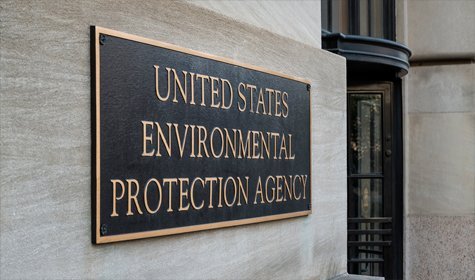A new bill has passed the House of Representatives on Wednesday and is now on the way to the Senate. The bill, entitled “The Secret Science Reform Act” would prevent the EPA from issuing regulations without disclosing the scientific studies used to justify those rules and increase transparency in the agency’s scientific processes.
 Transparency in science is crucial. With intense competition for government grants and private funding, there’s immense pressure to produce positive results, even when the data doesn’t support such findings. There have been a number of prestigious, peer reviewed journals forced to retract research papers after discovering serious flaws such as data manipulation.
Transparency in science is crucial. With intense competition for government grants and private funding, there’s immense pressure to produce positive results, even when the data doesn’t support such findings. There have been a number of prestigious, peer reviewed journals forced to retract research papers after discovering serious flaws such as data manipulation.
The Hill and The Wall Street Journal both had articles outlining the problems with the EPA and their use of scientific data to justify many of their regulations. For example, Drs. Julie Goodman and Sonja Sax highlight alarming problems with the EPA’s interpretation of ozone data, noting that agency failed to consistently evaluate the strengths and weaknesses of ozone studies; likely overestimated the health impact of ozone by failing to adequately account for the impact factors such as smoking, diet, and exercise could have on diseases attributed to ozone pollution; and even clearly misinterpreted the statistics in one scientist’s paper.
And though many support the EPA’s efforts to protect our environment, junk science and faulty studies is not the way to do it. This is especially true when its implementation can cost billions of dollars to implement and affect everyday Americans standard of living.


![Texas Victory: Federal Judge Rules $1.7 Trillion Spending Bill Unconstitutional, Backs Ken Paxton’s Challenge [VIDEO]](https://i2.wp.com/i.ytimg.com/vi/Rn5RkU0QvRs/maxresdefault.jpg?resize=440,264)


![Record-Breaking Border Encounters Amid Worsening Crisis [VIDEO]](https://i3.wp.com/austincountynewsonline.com/wp-content/uploads/2022/12/border-crisis.jpg?resize=440,264)
